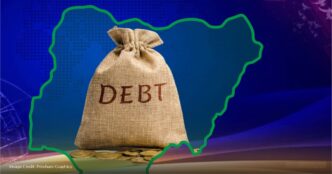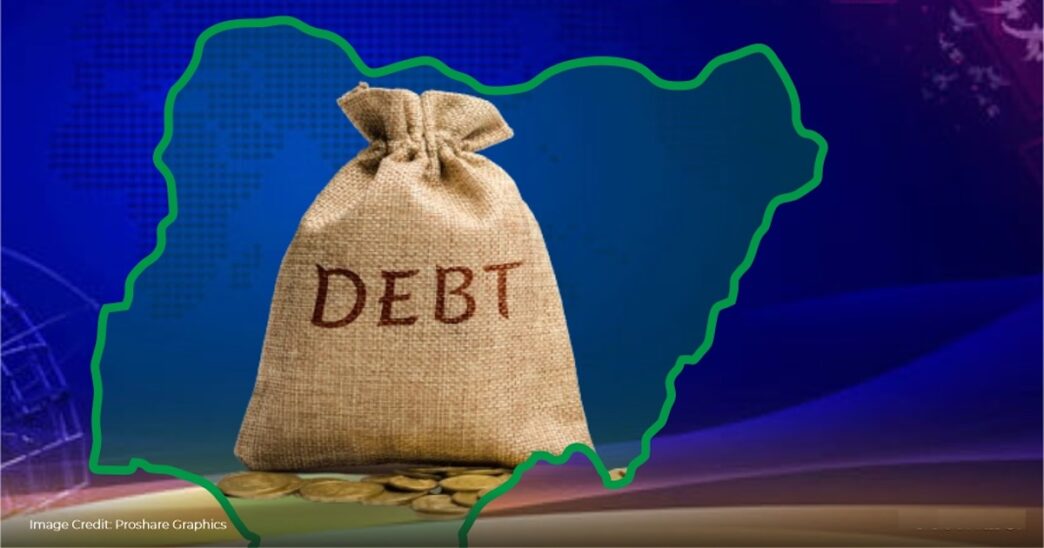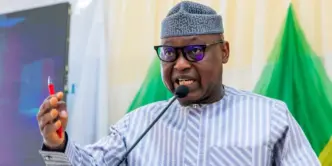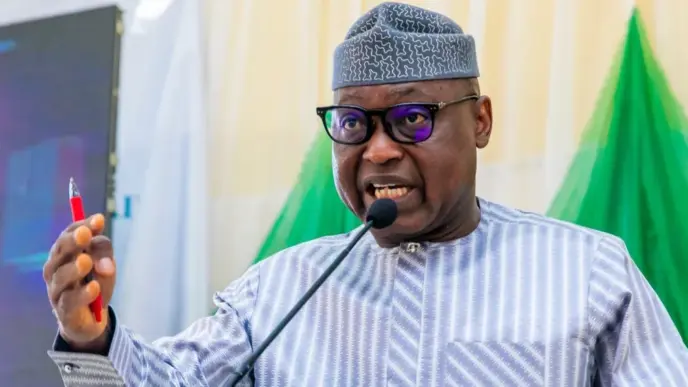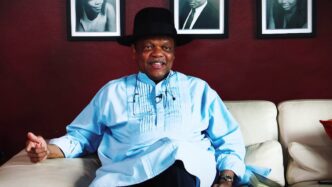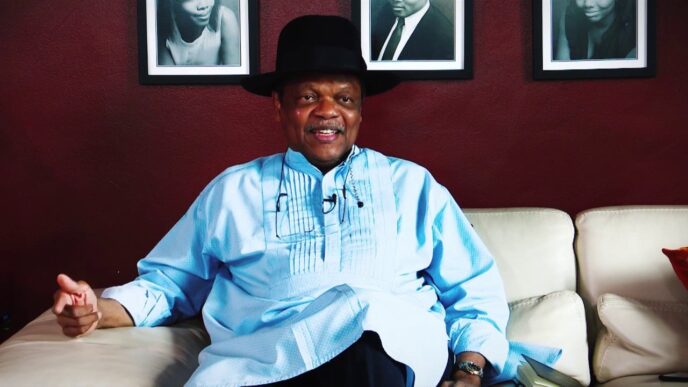The National Orientation Agency (NOA) has asserted that Nigeria’s debt burden has “significantly reduced” since President Bola Tinubu assumed office in 2023, dismissing claims that the nation’s debt has continued to rise.
Earlier, the Debt Management Office (DMO) revealed Nigeria’s total public debt had climbed to ₦152.40 trillion as of June 30, 2025.
The DMO noted that the figure reflected a ₦3.01 trillion increase from the ₦149.39 trillion recorded at the end of March 2025 — a 2.01 per cent rise within three months.
In dollar terms, the total debt rose from $97.24 billion to $99.66 billion, representing a 2.49 per cent increase. The breakdown also showed that Nigeria’s external debt reached $46.98 billion (₦71.85 trillion) in June, up from $45.98 billion (₦70.63 trillion) in March.
However, in a clarification dated October 24, 2025, and shared on its official X handle, the NOA said misinformation had created a distorted picture of the nation’s debt position.
It maintained that verified data from the DMO, the Central Bank of Nigeria, the Ministry of Finance, and the Federal Inland Revenue Service provided a more accurate account.

The agency stated that Nigeria’s total public debt stood at $113.42 billion in June 2023, with a debt-to-GDP ratio below 40 per cent — a level regarded as sustainable by both the IMF and the World Bank. By December 2024, this figure had dropped to about $94.22 billion, marking a reduction of over $19 billion in 18 months.
“The decline in Nigeria’s debt demonstrates that the Nigerian government is prudently managing its borrowings and repayments. Rather than piling up new debts, Nigeria has been making down payments on existing loans and avoiding unnecessary borrowing. This reflects a commendable level of fiscal responsibility,” the agency explained.
It hinted that under the previous administration, debt servicing consumed nearly all government revenue, with about 97 per cent of total income in the first half of 2023 going towards repayment. By the end of 2024, the ratio had improved to 68 per cent, falling further to below 50 per cent by the second quarter of 2025 — an indication of improved fiscal discipline and higher revenue generation.
Highlighting the Tinubu administration’s commitment to meeting financial obligations, the NOA said the Nigerian government had repaid a $3.26 billion IMF loan within two years and spent about $7 billion on external debt servicing in the first 18 months of the presidency.
While acknowledging that Nigeria’s debt remains within manageable levels, the agency observed that dependence on oil income still poses challenges. Nonetheless, it praised government efforts to boost non-oil revenue through improved tax collection and tighter control of financial leakages.
According to the NOA, non-oil revenue rose by 30 per cent in the first half of 2024 compared with the same period in 2023.
The Nigeria Customs Service also collected ₦1.3 trillion in the first quarter of 2025, more than double the ₦600 billion generated during the same period in 2023 — a result of stronger revenue mobilisation without increasing tax rates.
The agency further stated that Nigeria’s economy is gradually recovering and diversifying, with reforms in agriculture, telecommunications, and services driving growth.
It cited a World Bank report projecting GDP growth of 3.7 per cent in 2024 — the country’s strongest performance in nearly a decade, excluding post-pandemic rebounds.
The NOA concluded that the Nigerian government is prioritising large-scale investment in infrastructure, agriculture, digital innovation, and small business support to sustain economic growth and reduce reliance on oil revenue.


 Trending
Trending 
